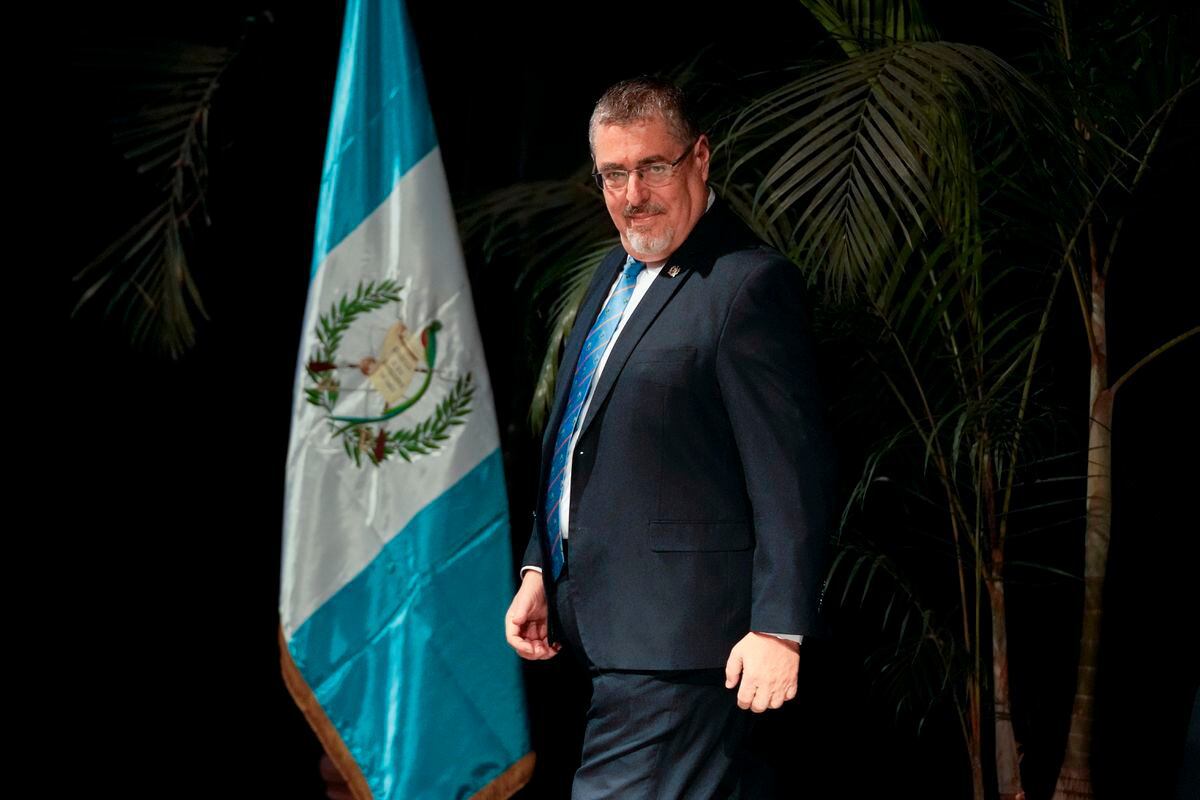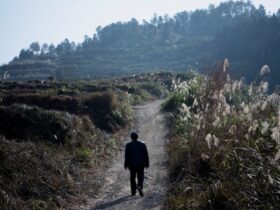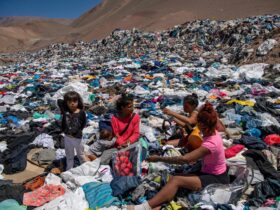From 1960 to 1996, Guatemala was engaged in a brutal civil war claiming the lives of over 200,000 Guatemalans. In January 1986, President Vinicio Cerezo was inaugurated, marking the inauguration of the first elected civilian since the start of the civil war. The subsequent 1990 election saw candidate Serrano Elias win with 68% of the vote. Despite the fact that these administrations had mixed records plagued with problems of illiteracy, infant mortality and corruption scandals, this marked the first peaceful transition of power between two elected civilian presidents since the inter-state conflict, a win for democracy.
Guatemala’s 36-year-long civil war ended with the singing of the 1996 Peace Accords. However, while the first two election cycles appeared like promising steps forwards, this did not mean that Guatemalan democracy would have an easy, perfect transition. The young democracy experienced several challenges, and today, corruption continues to deeply affect the Guatemalan government.
The most famous corruption scandal in Guatemala is known as “La Línea” or “the line.” The scandal involved the disgraceful resignation of President Otto Fernandez Perez Molina, a retired Army General who was elected in 2012 on a platform of fighting drug-related crime. La Línea was the name given to this scandal, which accused former President Molina of defrauding the state of millions of dollars and led to his eventual resignation in September 2015. The uncovered scheme allowed companies to evade import taxes entirely or at a reduced cost through bribes. The term “La Linea” was coined in reference to the telephone number that businesses could call in order to bribe the former President. Molina actively denied these charges, claiming them to be lies. He said “Nobody has ever said I gave an illegal order, and I never gave any. They never said I was given money.” However, despite his denials, in December 2022, Molina was found guilty of crimes associated with “La Linea” and was sentenced to 16 years in prison along with his Vice President Roxana Baldetti.
Unfortunately, corruption has not only plagued the executive branch of Guatemala’s government, but the judicial branch as well. The Humans Rights Watch 2020 World Report states that Guatemala’s judiciary system “suffers from high levels of impunity,” along with long delays taken advantage of by defendants to escape justice. A clear example of the effects of corruption on the judiciary system involved Judge Erika Aifan. Aifan served on Guatemala’s high risk court, which deals with high profile cases of corruption and criminal cases, sometimes involving politicians. Aifan was known as an anti-corruption judge, with The U.S. Department of State recognizing “Judge Aifan as a 2021 International Woman of Courage (IWOC) for her efforts to strengthen the rule of law in Guatemala.” Yet, after harassment and threats to judicial independence persisted, Judge Aifan felt threatened that she would be arrested by corrupt government officials trying to escape her convictions. This rising threat eventually led to her resigning and fleeing the country, citing “particular pressure from Guatemalan Attorney General Consuelo Porras.”.
Fortunately for Guatemalan citizens, there have recently been calls for progress in ending widespread corruption. In 2017, Guatemala’s Attorney General, Thelma Aldana, and Ivan Velasquez, a human rights lawyer, made accusations against President Morales of stealing up to $800,000 of campaign funds. In response, Morales called for Velasquez’s resignation and gave a police memo stating that all previously approved leave for the country’s elite special forces had been canceled, essentially putting these special forces on high alert if push comes to shove, ready to use for his own protection from the law. Outraged, thousands of Guatemalan citizens rose up in protest against corruption in the government and the lack of action to combat this issue. From these protests, the Semilla or “seed” political party was born. The party’s name references seeds of change and anti-corruption. In its young history, the Semilla party has been very successful. In its first election in 2019, the party won seven seats in the Congress of the Republic, Guatemala’s unicameral legislative structure. In the most recent, 2023 presidential election, Bernardo Arévalo of the Semilla Party, campaigning on anti-corruption, won in a landslide victory receiving 58% of the votes. This trumped the 36 percent former first lady and establishment politician Sandra Torres received. Arévalo’s victory illustrates a clear call from Guatemalan voters for change as Arévalo campaigned on a strong anti-corruption platform. However, establishment politicians did not take this loss lying down.
Guatemala’s Attorney General, Consuelo Porras, launched a campaign against Arévalo. This concentrated effort led by Porras, dubbed a ‘coup in slow motion’ by Arévalo, aimed to undermine the legitimacy of his election victory in order to prevent him from taking office. Porras first tried to call the election victory illegitimate, citing “ballot falsification [and]computer manipulation.” Following the court’s upholding of the election outcome, Porras had the Semilla party suspended due to unproven claims that the signatures necessary to the legality of the party were falsified at its conception. Prosecutors even went so far as to illegally seize documents from Semilla headquarters. Porras’s efforts to prevent an anti-corruption candidate from taking office led to widespread protests from Guatemalan citizens calling for his resignation.
Due to his perseverance, public support and lack of base for claims against his party, Arévalo was formally sworn into office on the morning of Jan. 15, 2024. This marked a triumph for Arévalo and the Semilla party, but even more so for the citizens of Guatemala as their unity in support of Arévalo has persevered through multiple attempts of stopping his assumption of office. Arévalo, standing for anti-corruption, promising to strengthen democratic institutions and being another of few examples of a peaceful transition of power, all represent a glimpse of hope for the democracy of Central America’s largest country.







